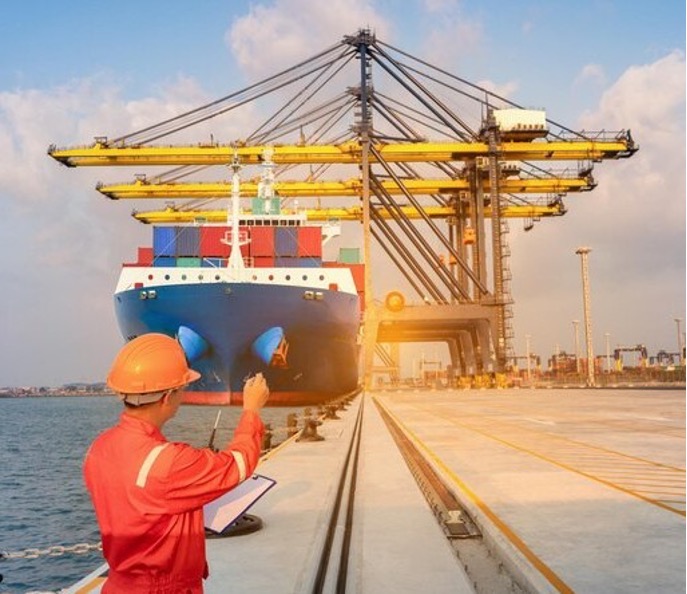
In the intricate world of maritime and offshore industries, where human expertise is as critical as advanced technology, crewing agencies emerge as the linchpin of human capital management. This article explores the multifaceted role of crewing agencies, their impact on the maritime workforce, and the evolving trends that shape this essential sector.
The maritime industry is a complex ecosystem where vessels and offshore installations are only as efficient as the skilled individuals operating them. Crewing agencies bridge the gap between maritime professionals seeking employment opportunities and shipping companies or offshore operators in need of a qualified, reliable, and well-trained workforce.
Crewing agencies operate on a global scale, sourcing talent from various regions to meet the diverse needs of the maritime and offshore sectors. They play a pivotal role in identifying and recruiting skilled seafarers, engineers, technicians, and other specialized professionals, ensuring that vessels and installations are manned by competent and qualified crews.
Navigating the complex landscape of international regulations and certifications is a core responsibility of crewing agencies. Ensuring that seafarers possess the required certifications, comply with industry standards, and meet the qualifications stipulated by maritime authorities is essential for the safety, legality, and efficiency of maritime operations.
Crewing agencies contribute significantly to the ongoing training and skill development of maritime professionals. They collaborate with training institutions and industry partners to offer specialized courses, certifications, and continuous learning opportunities. This commitment to professional development enhances the competency and adaptability of seafarers in a rapidly evolving maritime landscape.
Beyond recruitment and placement, crewing agencies actively engage in promoting the welfare and well-being of seafarers. This includes ensuring compliance with international labor standards, facilitating access to medical care, and addressing the psychological and social needs of crews during their time at sea. Attention to crew welfare contributes to job satisfaction, retention, and overall operational success.
The digital transformation is reshaping the operations of crewing agencies. Advanced software solutions facilitate streamlined recruitment processes, improved communication between stakeholders, and real-time tracking of crew qualifications and availability. Digital platforms also provide seafarers with greater visibility into job opportunities, making the entire process more transparent and efficient.
Crewing agencies are increasingly recognizing the importance of diversity and inclusion in the maritime workforce. Efforts to promote gender diversity, support underrepresented groups, and ensure equal opportunities contribute to a more inclusive and dynamic industry. Recognizing the value of diverse perspectives enhances innovation and resilience within maritime teams.
Crewing agencies play a crucial role in emergency response and crisis management. In the face of unforeseen events, such as natural disasters or global crises, these agencies work closely with shipping companies to address crew repatriation, manage personnel rotations, and ensure the well-being of seafarers amidst challenging circumstances.
Collaboration among crewing agencies, shipping companies, and industry organizations is essential for the development and adherence to best practices. Standardizing recruitment processes, sharing insights on market trends, and collectively addressing challenges contribute to the overall professionalism and reliability of the crewing sector.
Looking ahead, the crewing sector is poised for further evolution. The integration of artificial intelligence in recruitment processes, increased emphasis on mental health support for seafarers, and the development of virtual reality training programs are among the trends expected to shape the future of crewing agencies in the maritime industry.
In conclusion, crewing agencies are integral to the success and safety of maritime and offshore operations. By ensuring that vessels and installations are manned by qualified and well-supported professionals, these agencies contribute to the overall efficiency, reliability, and sustainability of the global maritime workforce.
Copyright 2025 Eastnesia Marine